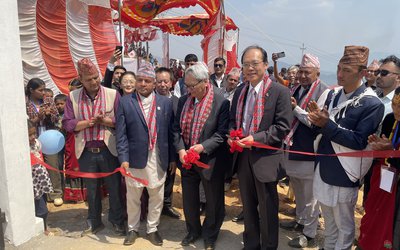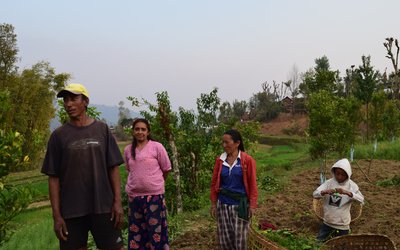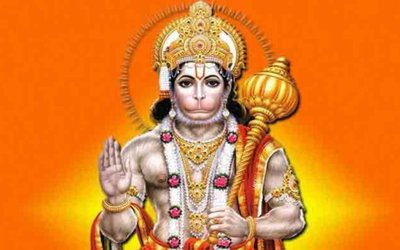By On March 21, an attempt by the Congress Party to have Sankha Park in the capital named after G P Koirala, was foiled by the local people. The party had not secured any permission to do so. Irate people also resisted the Party’s move to have late G P K’s statue installed there. Why did people react the way they did? G P Koirala died last year aged 85. He played important or leading role in country’s politics, especially during the movement of 2006. He had his success and failure. He was known for his adventurism in politics. But he was never rated as a leader who valued morality in politics. Nor was he a firm believer of probity in public life.
Therefore, people will be judging him both as a Hero and a villain.Those who delink his role of the past—especially when he was in power—from his crusade for restoration of parliament that ultimately succeeded in April 2006 four years after its dissolution would no doubt consider him a hero. But unfortunately, democracy is also all about accountability. As the Prime Minister and acting head of the state for two years following parliament’s revival, should or should not G P be held accountable for the current mess the country is in? This is an answer the Nepali Congress , his heir in the family Sujata Koirala, and Sushil Koirala who succeeded him as the President of the Nepali Congress, have to respond to the people, especially the ones who opposed installation of G P’s statue and park named after him.
This also raises a question that needs an answer. Are there laws governing use of public property by the followers of a particular
leader? Or can it be used by the party and his/her followers at will? Or the cabinet needs to take appropriate decision for the purpose after a thorough assessment of the person’s contribution to the nation and how much the nation owes to him. G P Koirala, as a valiant fighter for democracy –first against the Ranas, then against the Panchayat regime, again in 1990 and finally 2006 needs to be acknowledged and honoured by the country. But imposing him as a Hero by his family and the Party he headed are not the way to go about it. There are many dark side mired in mystery yet to be written about, except that G P Koirala himself has revealed it partly. That he had hijacked Nepal Airlines plane in the 70s keeping India’s external intelligence agency chief informed, that he was involved in counterfeiting Indian currency and was considering smuggling uranium to Israel, obviously for clandestine manufacture of nuclear explosives are some of the revelations he made, glorifying his act as an acceptable means for establishing democracy in Nepal.
- TANAHU HYDROPOWER PROEJCT: A Significant Achievement
- Apr 15, 2024
- AMBASSADOR HANAN GODAR: Sharing Pain With A Nepali Family
- Mar 30, 2024
- VISIT OF KfW AND EIB TO NEPAL : Mission Matters
- Mar 25, 2024
- NEPAL BRITAIN SOCIETY: Pratima Pande's Leadership
- Mar 24, 2024
- NEPAL ARMY DAY: Time To Recall Glory
- Mar 15, 2024















